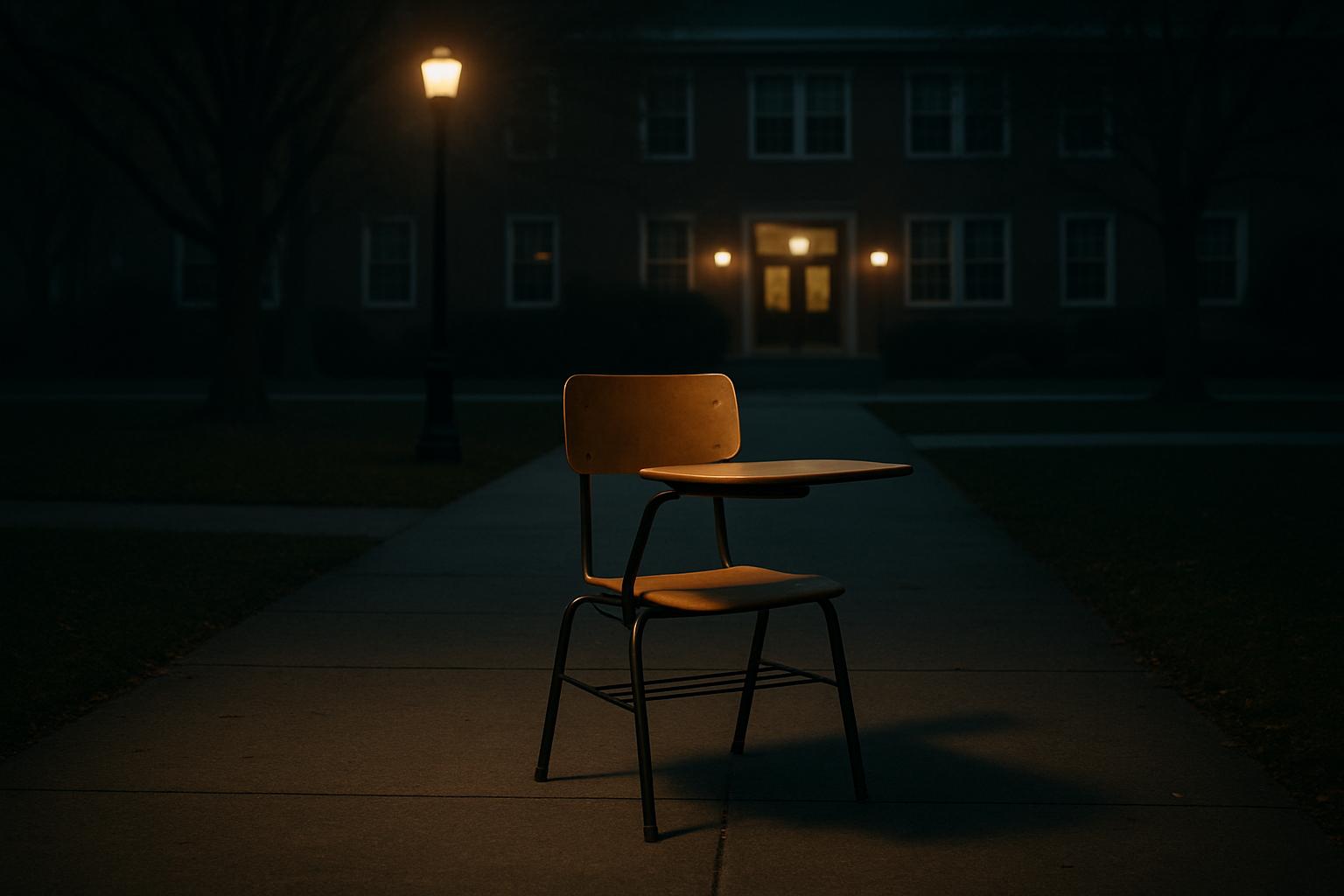Molly Hanning, a 22-year-old master's student at Royal Holloway, University of London, has spoken out about the inadequate support she received from the university after being raped during the Christmas holidays of her first year. Waiving her right to anonymity to share her experience with the BBC, Molly described a frustrating and isolating process, where university staff gave her leaflets and referred her to external services instead of providing direct and meaningful assistance. She conveyed how she had to repeatedly visit the university in person to secure an appointment and, when finally able to talk to someone, was made to feel the issue was beyond the support team's capacity. Molly was advised to “download an app and do meditation,” which she found insufficient and dismissive, causing a severe deterioration in her mental health during her second year.
Royal Holloway’s executive team, represented by Dr Nick Barratt, acknowledged the profound impact such experiences can have on students and stated the university's commitment to responding with care and integrity. Barratt emphasised that the institution strives to provide compassionate support and that student voices are central to shaping ongoing improvements. He also underlined that the university’s responsibility to support students remains regardless of whether incidents occur on campus.
The university does offer a range of resources and initiatives aimed at supporting students in distress. For instance, the Royal Holloway Students’ Union promotes awareness about healthy relationships and directs students to both internal Wellbeing and Counselling Services and external organisations such as Refuge, Women’s Aid, Rape Crisis, Galop, and Survivors UK. These resources provide vital support options, highlighting the range of help available beyond university services alone.
Moreover, Royal Holloway has implemented the RH Be Heard platform, an online system allowing students to report concerns such as bullying, harassment, and sexual violence either anonymously or by name. It ensures complaints are channelled to the relevant teams, with updates and support throughout the resolution process. The university also maintains a dedicated support page for students who have experienced sexual harm, detailing emergency contacts including campus security and local Sexual Assault Referral Centres (SARCs). This offers guidance for students whether they require immediate intervention or wish to explore options for reporting and obtaining ongoing support.
In addition to structural measures, the Dignity Listeners scheme provides trained staff members who act as confidential contacts within the university, supporting colleagues and students facing issues of harassment, discrimination, or sexual misconduct. This initiative offers a confidential and independent avenue for those seeking advice or assistance navigating university procedures.
Despite these provisions, the reality described by Molly Hanning suggests substantial gaps remain between policy and practice. The 'One In Three' campaign run by the Royal Holloway Students’ Union highlights the troubling statistic that one in three female students will experience sexual assault at university, underscoring the critical need for robust support systems. The campaign aims to raise awareness, provide educational resources, and ensure students know where to access help in times of crisis.
The Students’ Union also offers detailed guidance on harassment, reaffirming the university’s commitment to tackling all forms of abuse and encouraging students to report incidents. This reflects an institutional acknowledgement of the problem but again raises questions about the effectiveness of current support when survivors describe feeling neglected or dismissed.
Molly’s experience puts a spotlight on the emotional toll borne by students who survive sexual violence and the urgent need for universities to develop more empathetic, accessible, and comprehensive support frameworks. While Royal Holloway claims to be committed to meaningful change, survivors’ accounts like Molly’s indicate that translating these commitments into action remains a significant challenge.
📌 Reference Map:
- Paragraph 1 – [1]
- Paragraph 2 – [1]
- Paragraph 3 – [2], [6]
- Paragraph 4 – [3], [4]
- Paragraph 5 – [5]
- Paragraph 6 – [1], [6]
- Paragraph 7 – [7]
- Paragraph 8 – [1]
Source: Noah Wire Services
